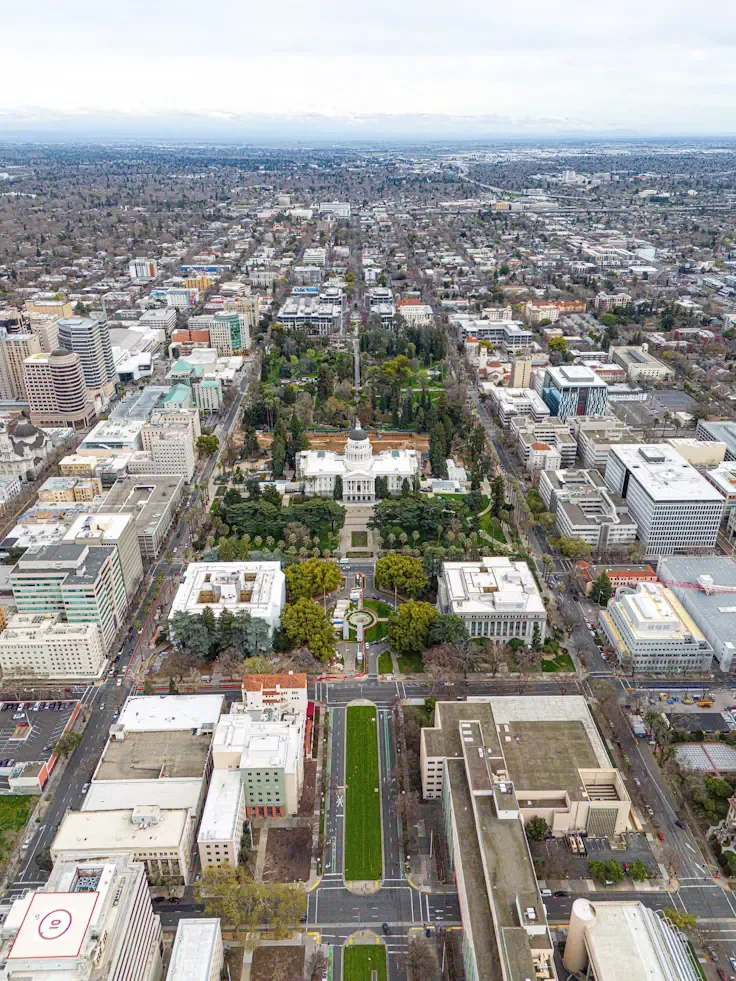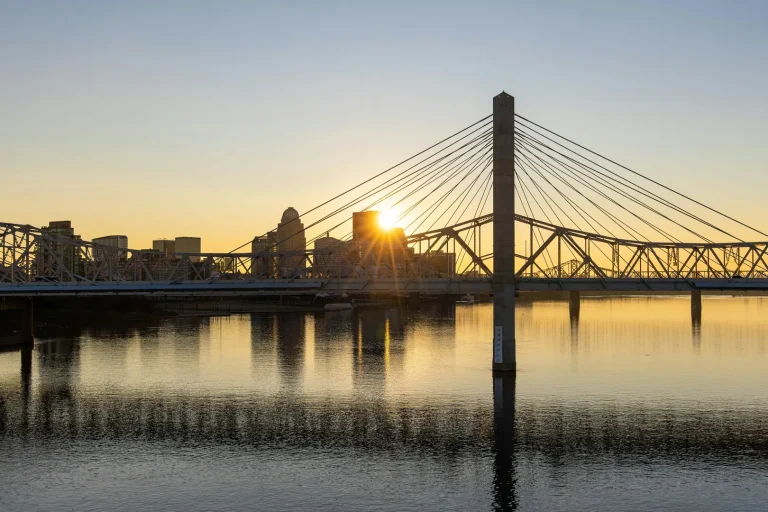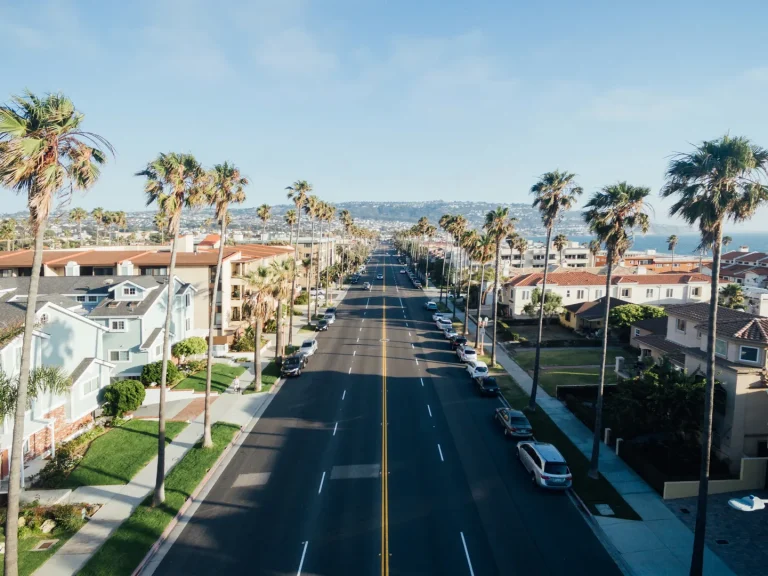Detroit
Detroit, known as the Motor City, is a vibrant metropolis located in the state of Michigan. As the largest city in the state, it serves as a cultural, economic, and political hub. The city has a rich history characterized by innovation, music, and resilience, making it an essential part of American heritage.
Government Structure
The city of Detroit operates under a strong mayor-council form of government. The mayor is the chief executive officer, responsible for the administration of city departments and execution of laws. The Detroit City Council, composed of seven members, serves as the legislative body, responsible for enacting laws, approving budgets, and representing the interests of the citizens.
City Council Composition
- Mayor: The elected head of the city, responsible for overseeing city operations and setting policy direction.
- City Council Members: Elected representatives who serve four-year terms. They are responsible for passing legislation, approving budgets, and holding public hearings.
- City Clerk: An elected official responsible for maintaining official records and overseeing elections within the city.
- City Treasurer: Manages the city’s financial assets, revenue collection, and investment strategies.
Key Issues Facing Detroit
Detroit has faced numerous challenges over the years, from economic decline and population loss to revitalization efforts. Some of the key issues that consistently emerge during city council meetings and public discussions include:
- Economic Development: Fostering local businesses and attracting new investments to stimulate job growth and economic revitalization.
- Public Safety: Addressing crime rates, enhancing police-community relations, and ensuring adequate resources for emergency services.
- Infrastructure Improvements: Upgrading roads, bridges, and public transportation systems to enhance connectivity and accessibility throughout the city.
- Housing and Urban Development: Tackling issues related to affordable housing, homelessness, and neighborhood revitalization.
- Environmental Sustainability: Promoting green initiatives and sustainable practices to improve the quality of life for residents.
Community Engagement
Active civic engagement is crucial for the health of Detroit’s democracy. The city encourages residents to participate in government processes through various methods:
- Public Meetings: City council meetings are open to the public, providing an opportunity for residents to voice their concerns, ask questions, and provide feedback on legislation.
- Committees: Various committees focus on specific areas, such as finance, public safety, and urban development, allowing for in-depth discussions and recommendations.
- Workshops and Forums: The city regularly hosts workshops and town hall meetings to engage the community in discussions about key issues and gather input on future projects.
- Online Platforms: Detroit’s official website offers resources for residents to stay informed about city initiatives, council meeting schedules, and public comment opportunities.
Livestreaming City Council Meetings
To enhance transparency and accessibility, Detroit’s city council meetings are often livestreamed and recorded. This allows residents who cannot attend in person to stay informed about government decisions and discussions. The recorded sessions are typically archived for public access, ensuring that citizens can revisit important topics and decisions made by their elected officials.
Conclusion
Detroit remains a city of significant historical importance and cultural richness. Its government is committed to addressing the challenges facing its residents through active engagement and transparent decision-making. By fostering a collaborative environment between residents and city officials, Detroit aims to develop innovative solutions that promote the welfare and prosperity of its community.






